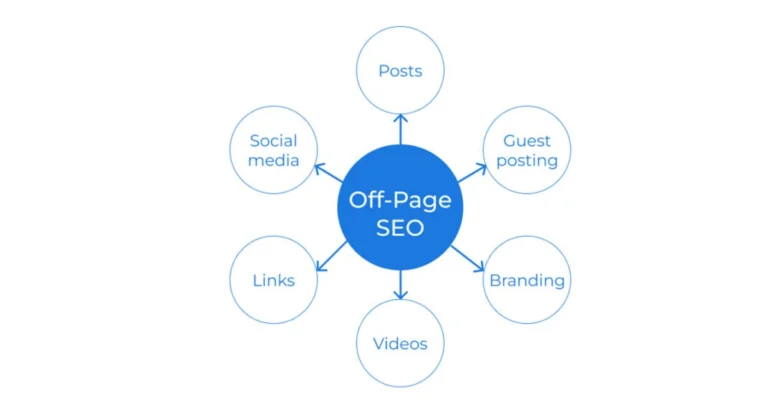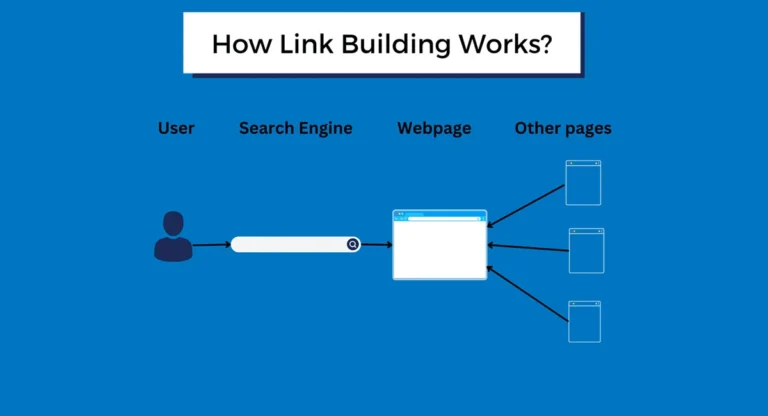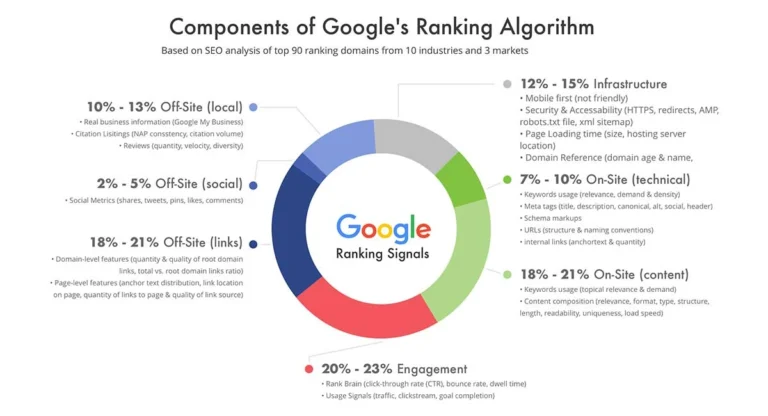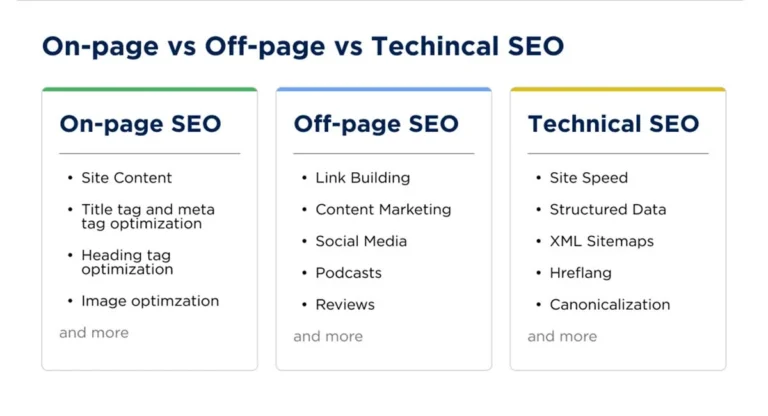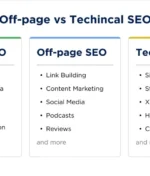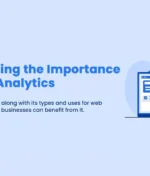Off-Page SEO refers to all the optimization activities performed outside the boundaries of your website that impact your search engine rankings and overall visibility. Unlike on-page SEO, which focuses on optimizing elements within your website, off-page SEO aims to build your site’s reputation and authority through external methods.
Interestingly, over 70% of SEO experts believe that off-page SEO is a key factor in determining search engine rankings, often valuing it more than on-page SEO elements.In the competitive landscape of SEO, off-page strategies are crucial for establishing credibility and trustworthiness with search engines and users. Effective off-page SEO can drive more traffic to your site, enhance brand awareness, and ultimately improve your search engine rankings.



